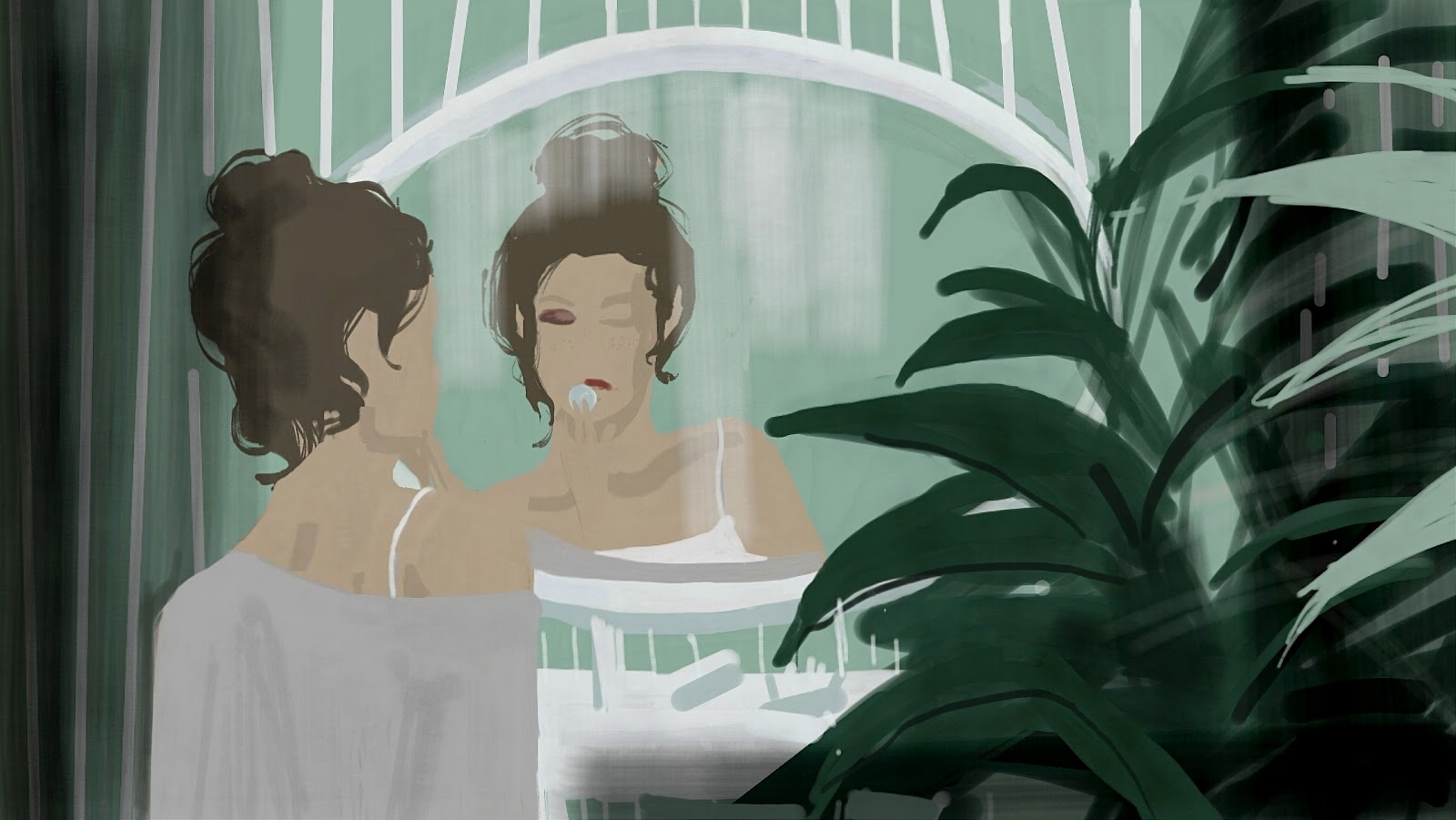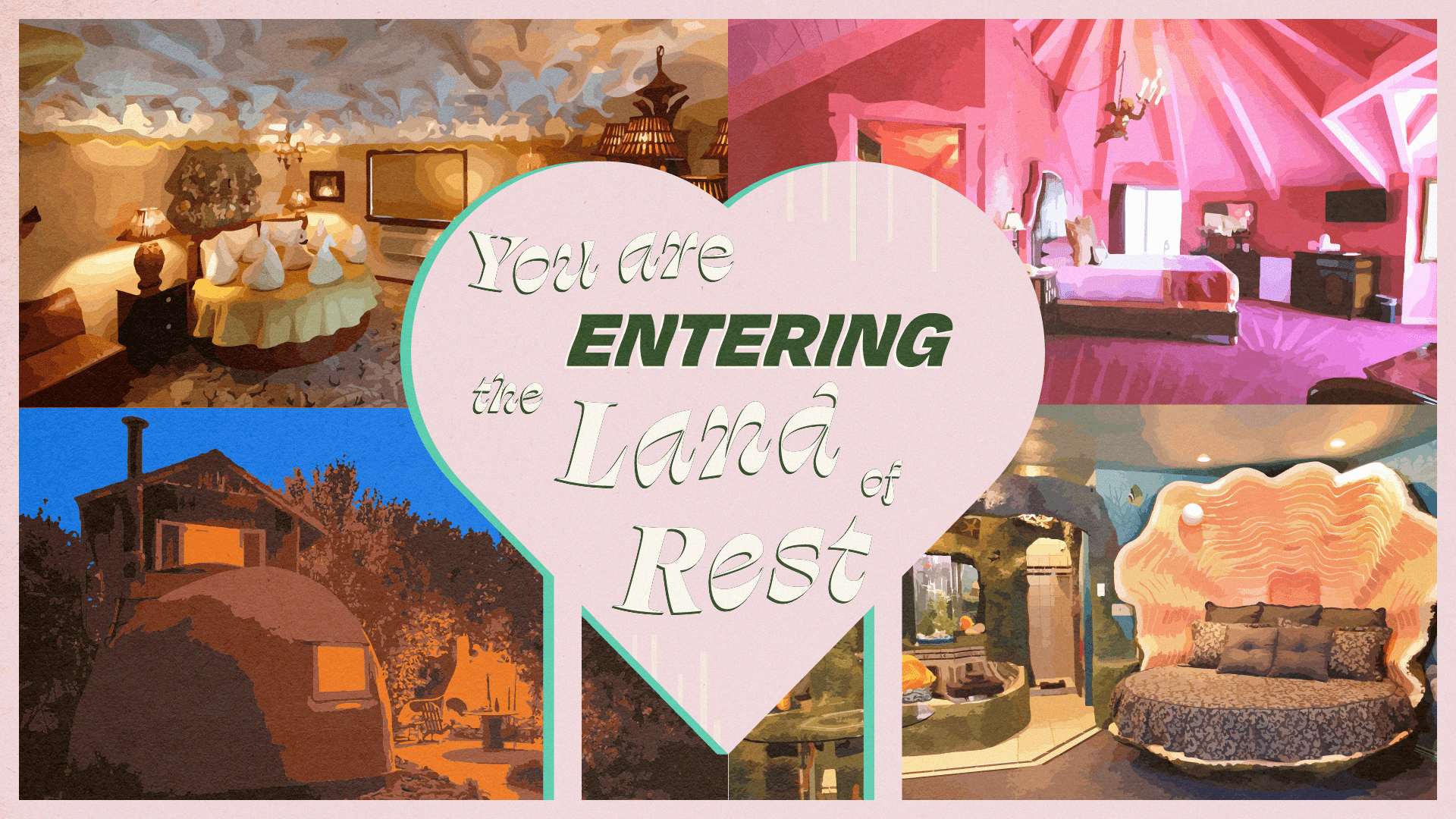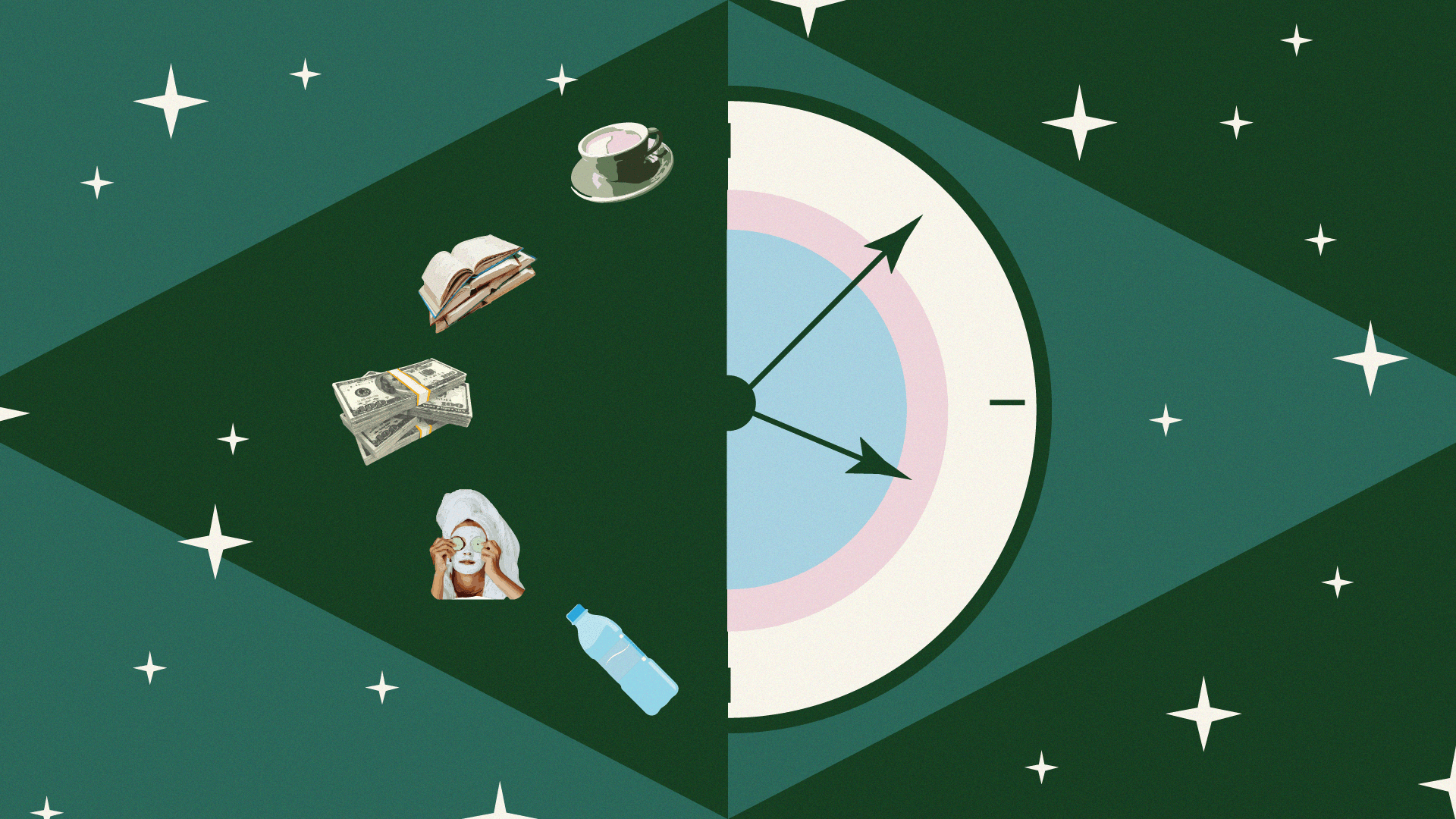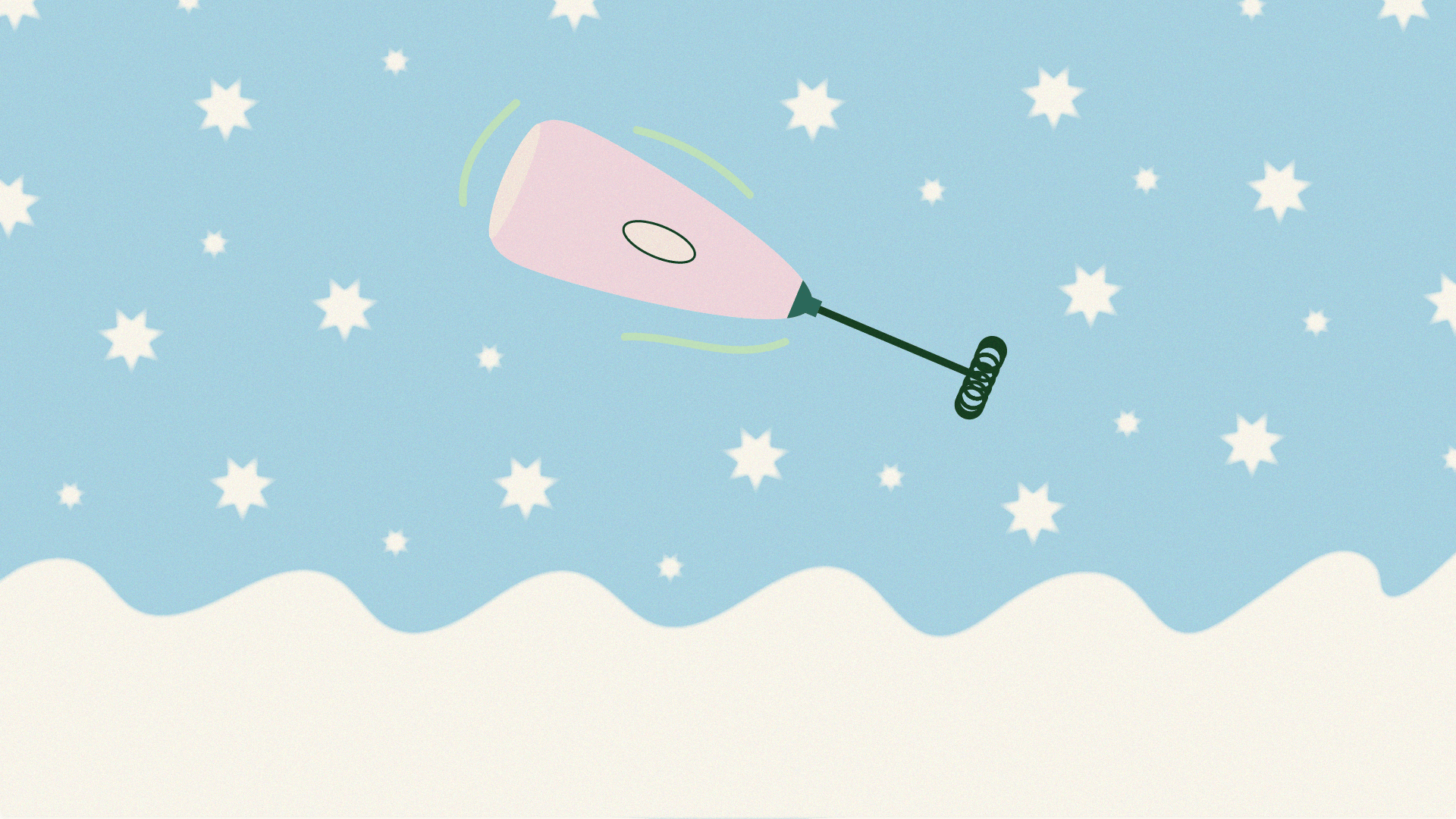
How Quarantine Changed My Relationship With Makeup
For years, I relied on makeup for confidence. Not wearing it during lockdown changed that.
After washing my face with a gentle cleanser, patting on a toner, moisturizer, and sunscreen, I would sit at my desk with a table mirror right in front of me. With my curtains wide open so natural light gushed in, I’d start dabbing concealer under my eyes. Then came bronzer, eyebrow gel, highlighter, mascara, and tinted lip balm. When I was done, I’d glance at my reflection with a reassured smile. Five to seven days a week, for several years, my makeup brushes and a small mirror let me assemble the person I was. That is, until New York City went into lockdown.
I suddenly had no job, no meetings, no brunches to get ready for. No need to wear makeup — the only commuting I had to do was from my bed to my couch. And no excuse to hide my insecurities.
Growing up, two opposing forces defined my relationship with makeup. One was my strict mother who insisted I should never wear it to school. This guaranteed I had nothing more than an eyeliner and a chapstick on my face until senior prom. The other was how the misogynistic culture of the Republic of Georgia — the country I called home for 19 years — forced me to internalize that my looks were the most important thing about me.
A very specific image of beauty reigned amongst Georgian teens. A thin (but fit) body, above-average height, long hair were among the most prized traits. If any woman deviated from the standard, that insolent characteristic which dared not to conform, would be one of the first things mentioned about her. “She has a pretty face. if only she was thinner.” Sometimes “thinner” could be “a bit taller.” Or it was the other way around: “Too bad her nose is not that nice, her body is beautiful.” Anything larger than Natalie Portman’s slim, button nose was considered “not that nice.” God forbid you ever had any body hair showing.
I was mostly fine: I was skinny, athletic, not too short. My nose, while not small and delicate, wasn’t so bad. In addition, I had good grades, close friends, and a fair number of admirers, all of which kept my big ego mostly sated (Leo Sun check.) But that wasn’t enough. The culture had taken its toll. I had subconsciously subscribed to the notion that I needed to be “perfect.” And to achieve that, I had to look perfect. And the only thing that would make me look perfect, according to another ironclad Geogrian standard, was one thing my mother contended against: makeup. So while I considered myself pretty, I always greedily awaited the time when I would finally be allowed to powder and pencil my way to near-perfection. I wholly believed that next-level beauty — and therefore success — could be attained only by my ability to create a smokey eye, a contoured cheekbone, a red lip.
That time came freshman year of college. I was living in New York, away from my mother’s rules. I splurged on a Becca foundation and a Smashbox contour kit, and slathered the full-coverage base all over my face, blending it in as much as I could with my fingers. I sucked in my lips, making a fish face, and used the only brush I bought to darken the hollows that formed. Then I smiled, using a slightly warmer tone in the kit for the apples of my cheeks. For the grand finale, I brought the hand mirror very close to my face, widened my eyes and repeatedly glided a mascara-coated wand along my lashes. With my “imperfections” covered up, my pale face bronzy, I felt complete. So polished, professional, beautiful. This, I thought, was the potential I had been waiting to tap into. As if giving me superpowers, makeup surged my self-confidence, making every goal I had feel a lot more reachable.
But Newton didn’t lie when he said every action has an equal and opposite reaction. With the newfound sense of possibility and elevated self-confidence came an equally impactful feeling of powerlessness whenever the makeup came off. Everything on my face that wasn’t foundation-colored became wrong. The natural rosiness of my cheeks — present on anyone’s bare cheeks — was so unnatural that for a little while I convinced myself I had rosacea. When I covered my barely-there pimples, I felt invincible, but if ever I lacked a vanity full of products to prepare me for the day, I felt defective. On days without makeup, I sat in the back of the class, not participating in discussions. I put my head down when I walked, avoiding eye-contact. I prayed I didn’t run into anyone I knew.
So the first days of the lockdown were rough, to say the least. In a face staring at me from behind the mirror, I saw wasted potential. Someone who could be beautiful, powerful and successful, but wasn’t allowed to be anymore. I waned and either avoided mirrors or filled with self-pity if I caught my reflection in one.
But as days turned into weeks, I got used to seeing my “fresh” self again. With the lengthy absence of concealer under my eyes and highlighter on my cheeks, I almost forgot what I looked like with makeup on. Instead, I remembered myself in high school. Makeup-less, but top of the class. Missing mascara, but leading discussions. Never insecure during presentations. Contour or not, knowing success was mine for the taking. Yet, I would look and primarily see what wasn’t there: a set of products that blend into a small part of my body, making it appear slightly more tan. When I decided that my made up self would be my everyday normal, I also consented to make the “Me” without it abnormal and insufficient. When that “normal” redefined itself during the lockdown, so did my attitude towards it. Seeing my face, day after day, without any makeup reminded me, as I had let myself forget, of what I really looked like: pretty damn similar (albeit a little less glossy.)
Fifteen minutes in the morning, while helping set me off, didn’t grant me permission to become who I already was: a writer, a cinephile, a bookworm. An overthinker and a control-freak. Someone who made a home in a strange country at 19. A hopeless romantic. A supportive friend. A lover of all things bougie. Makeup didn’t actualize that. It didn’t even substantially change my face. And while I yearn to highlight the hell out of my face again, I realized I should’ve never allowed that to become the tool to harness power and self-worth, regarding myself as incomplete until makeup became part of my day-to-day.


